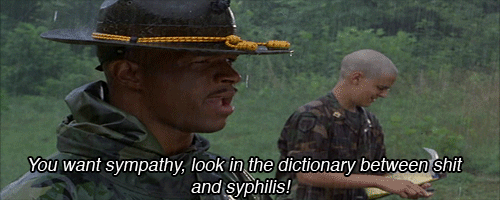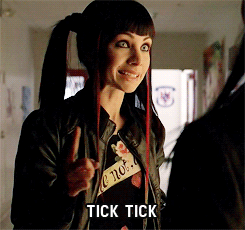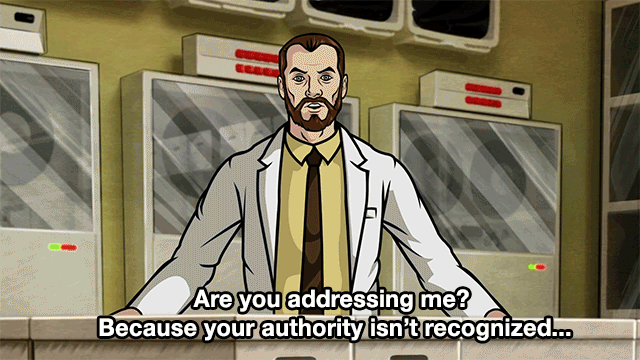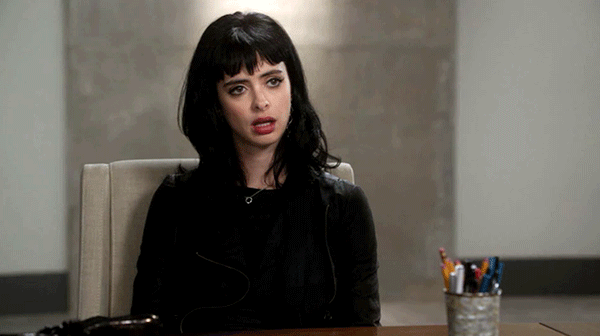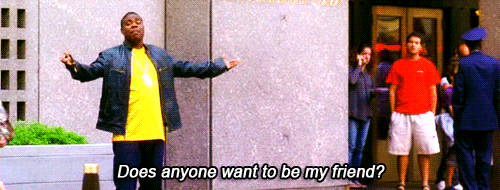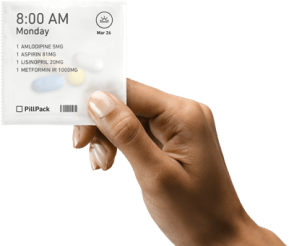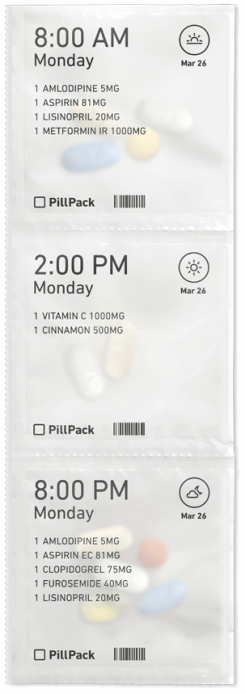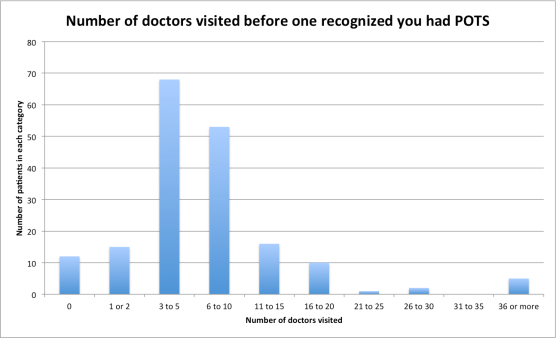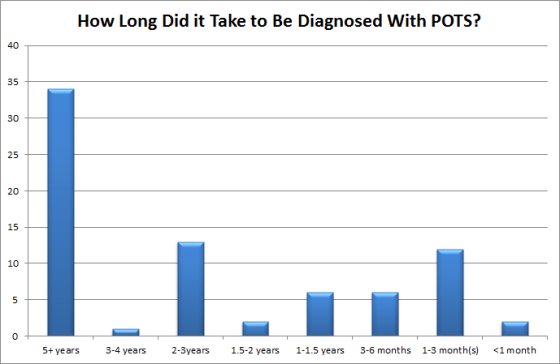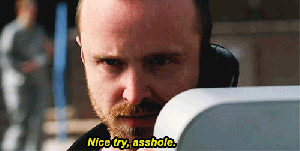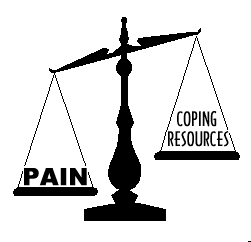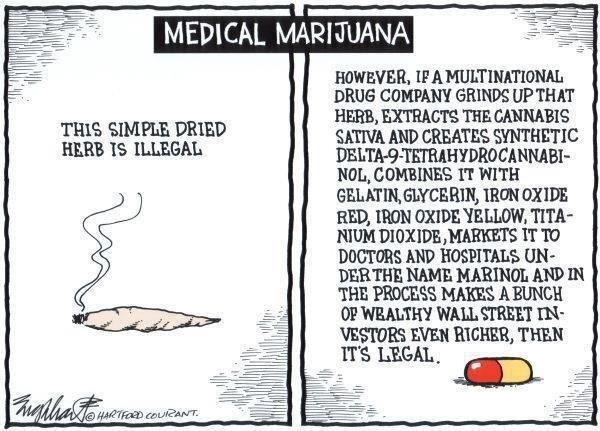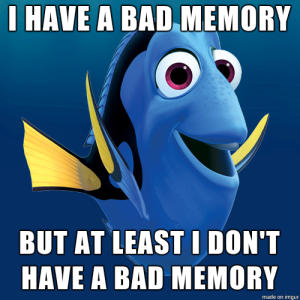Dating with a chronic illness can complicate things. Here are the 7 types of people I’ve run into:
1. The One Who Ignores Your Illness
A lot of people have no idea how to interact with someone with a disability. While some people may attack the issues you face head on, these people avoid the topic at all costs. They rarely ask you how you are feeling, avoid topics of doctor’s appointments, and generally clam up when the topic turns to anything health related.
In my experience, these people do actually care if you are okay, but really don’t know how to go about talking about it. Unfortunately, not discussing a huge struggle in your life with your partner just doesn’t work. Education leads to understanding. If someone isn’t willing to talk about your illness it will be more difficult for them to understand problems that pop up. They lack the knowledge to understand why their sick partner had to cancel at the last minute, why they can’t eat the chocolates they gave them, or why those surprise concert tickets pose a problem.
2. The One Who Pities You
I love it when a partner rubs my head when I have a migraine, or is sympathetic to my venting. This sympathy can cross over to pity which gets old fast. Having a chronic illness is definitely a struggle but I don’t want to be constantly reminded “how strong I am” or asked “how I don’t give up.” I want to be an equal in my relationships, and being constantly babied takes away from that.
3. The Overly Helpful One
Yes, someone can be overly helpful. These partners go above and beyond when trying to help you manage your illness. They even help you with things you don’t ask for, and for a while everything is much easier. The problem with the overly helpful partner is that they almost always burn out. They put helping you with your illness over their own needs. And when they burn out you are the one who gets burned. Not addressing their personal needs leads to them resenting the person they are trying to help.
These breakups are often very abrupt and sudden. One day they are driving you to the hospital and sitting up with you all night and the next day they leave you alone in the hospital to go to a party saying it is all too hard. All of a sudden all the things they did for you (that you never asked for) are all your fault and you aren’t thankful enough for everything they do. Finding someone who can be honest about their needs and not stretching themselves too thin is extremely important.
4. The Expert
Calling this partner the expert is wholly inaccurate and really just my way of ridiculing them. People with chronic illnesses will run into “experts” on their condition all the time. They suggest ridiculous things you have already been checked for or try to tell you about an illness you have had for years and understand very well. I’ve even dated people who get upset with me for not following their suggestions, “have you been checked for gluten sensitivity again yet?” They think the only reason you aren’t cured is because you haven’t had their ideas yet. These people also see not following their ridiculous suggestions as not trying hard enough.
5. The One Who Can’t Stop Asking If You Are Better Yet
Sometimes you can explain your illness a hundred times, define chronic repeatedly, and do your best to educate your partner and they will just never get it. They will say things like “oh, you’re still sick” or “wow you still aren’t feeling better” or “when you are healthy we can go out.” I have a chronic illness! Chronic means long term; I am always sick! They just don’t get it no matter what you do.
6. The One Who Can’t Handle It
This is the most common person I run into while dating and I must say it has left me frustrated. Sometimes my chronic illness comes up naturally in conversation, and other times I have to modify plans and it will come up. It is perfectly common to never hear from them again after this. For a while I thought I was paranoid and that it has nothing to do with my illness or that people just thought I was being flaky. However, I have had a few people outright tell me they aren’t okay with dating someone with a chronic illness.
For example, on one online date, within fifteen minutes, I had my date say “But she had Crohn’s disease and I am sure as hell not going to put up with that bullshit.” I walked away. What an insensitive jerk.
7. The One Who Supports You
I’ve found finding people who support you through your illness to be incredibly rare and even more so in dating. The best partners treat the chronic illness as something you are fighting together, not a negative personality trait that is your fault. Remember that you always deserve someone who supports you!

